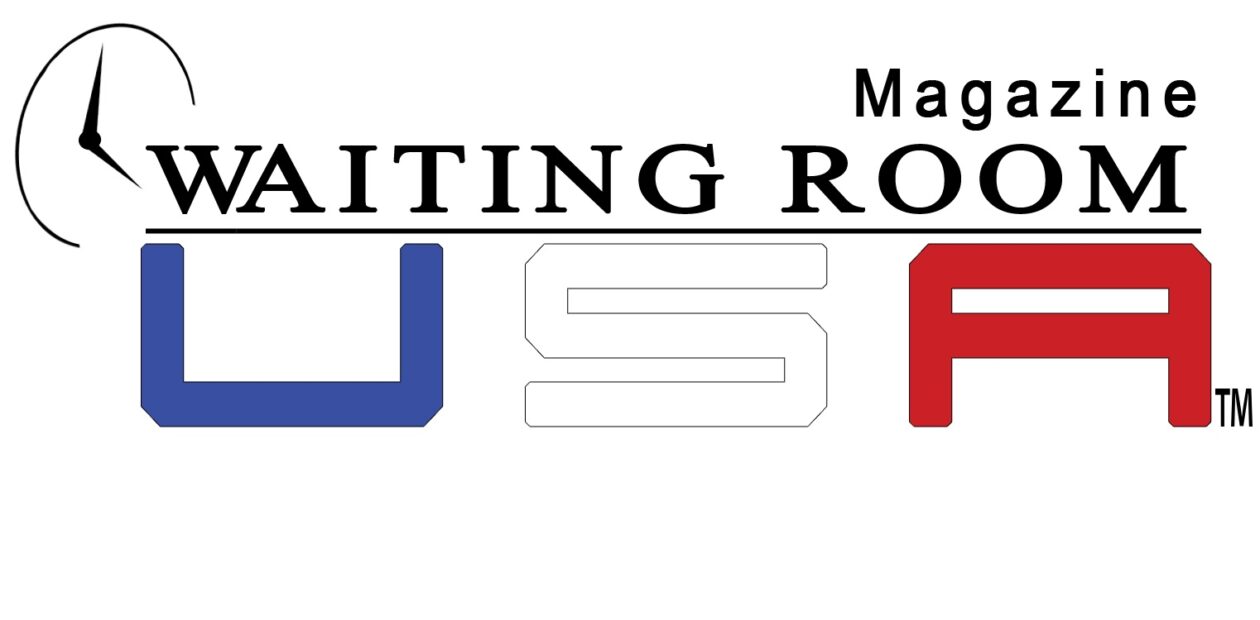 The economic situation in the world, including the USA, has been quite difficult for several years. Many people face unemployment as companies lay off workers or declare a hiring freeze. According to the U.S. Bureau of Labor Statistics, the unemployment rate in December 2011 was 8.5 %, or 13.5 million people in the US were out of work. The numbers were better than those in previous months, which stayed around 9 %. Several analysts attribute the slight drop of the unemployment rate to seasonal hiring during the holiday season.
The economic situation in the world, including the USA, has been quite difficult for several years. Many people face unemployment as companies lay off workers or declare a hiring freeze. According to the U.S. Bureau of Labor Statistics, the unemployment rate in December 2011 was 8.5 %, or 13.5 million people in the US were out of work. The numbers were better than those in previous months, which stayed around 9 %. Several analysts attribute the slight drop of the unemployment rate to seasonal hiring during the holiday season.
Some economists believe that the updated unemployment rate, to be released on February 3, 2012, will show a return to higher levels. It is a sad fact but millions of people are still out of work and have been for extended periods of time, while many have given up looking for work altogether.
As such, resume writing is one of the most important things to learn when seeking employment. Your resume needs to stand out and make a right first impression on your potential employer.
Researchers calculate that, on average, HR managers scan most resumes in five to ten seconds. The sheer number of resumes received by most companies’ HR departments necessitates extensive exclusion of applicants and it is usually accomplished by scanning for strong points in submitted resumes.
Consequently, if you are applying for a job, your resume should be spot on. There is a plethora of resume writing help available such as professional resume writing services, job coaches and Internet tools. However, with determination, careful consideration and diligent research, anyone can produce an outstanding resume. Nevertheless, there are some cardinal rules that must be followed when writing your resume:
- Carefully edit your resume. Resume is not a confession or a biography. Omit all the information that is not relevant for the position you are applying for; HR managers do not fish through your resume to see if you are a good fit. Highlight the achievements and skills essential for the prospective job and disregard any other unrelated information.
- Research the position and company before submitting the resume and then tailor it accordingly. Companies nowadays scan resumes for “key words” essential for the position they are hiring for. Thus, you need to research the requirements for the job and include these “key words.” This will ensure that, at the least, your resume will not end up in the “reject pile” before even being read by a hiring person. Do not submit standard resume to different openings; although it might seem like a lot of work, you have to tailor your resume for each position you seek. Moreover, your research will certainly pay off if you are called for an interview (and a well-written resume just might make that happen!).
- Proofread your resume! Any grammatical, spelling, typographical error will automatically exclude your resume from consideration. Better yet, ask a friend or a family member to take a look at your resume with “fresh eyes,” they might catch a mistake you’ve missed.
- Carefully analyze the layout of your resume. Your resume should appeal visually, use bullet points and action-driven short sentences. Do not cram too much information on a single page, but keep in mind that most employers prefer 1-2 pages long resumes. Make it easy for a reader to scan the resume by using 12 points font and Times or Ariel typographical style. And, unless you are applying for a position in a creative field, avoid embellishing your resume with borders, pictures, and such.
Resume writing does not need to be a stressful endeavor. After all, most people have accomplished a lot during their careers and their resumes should duly reflect it. By following these rules, you will be able to emphasize your achievements and skills and, with some luck, land an interview and get the job!

